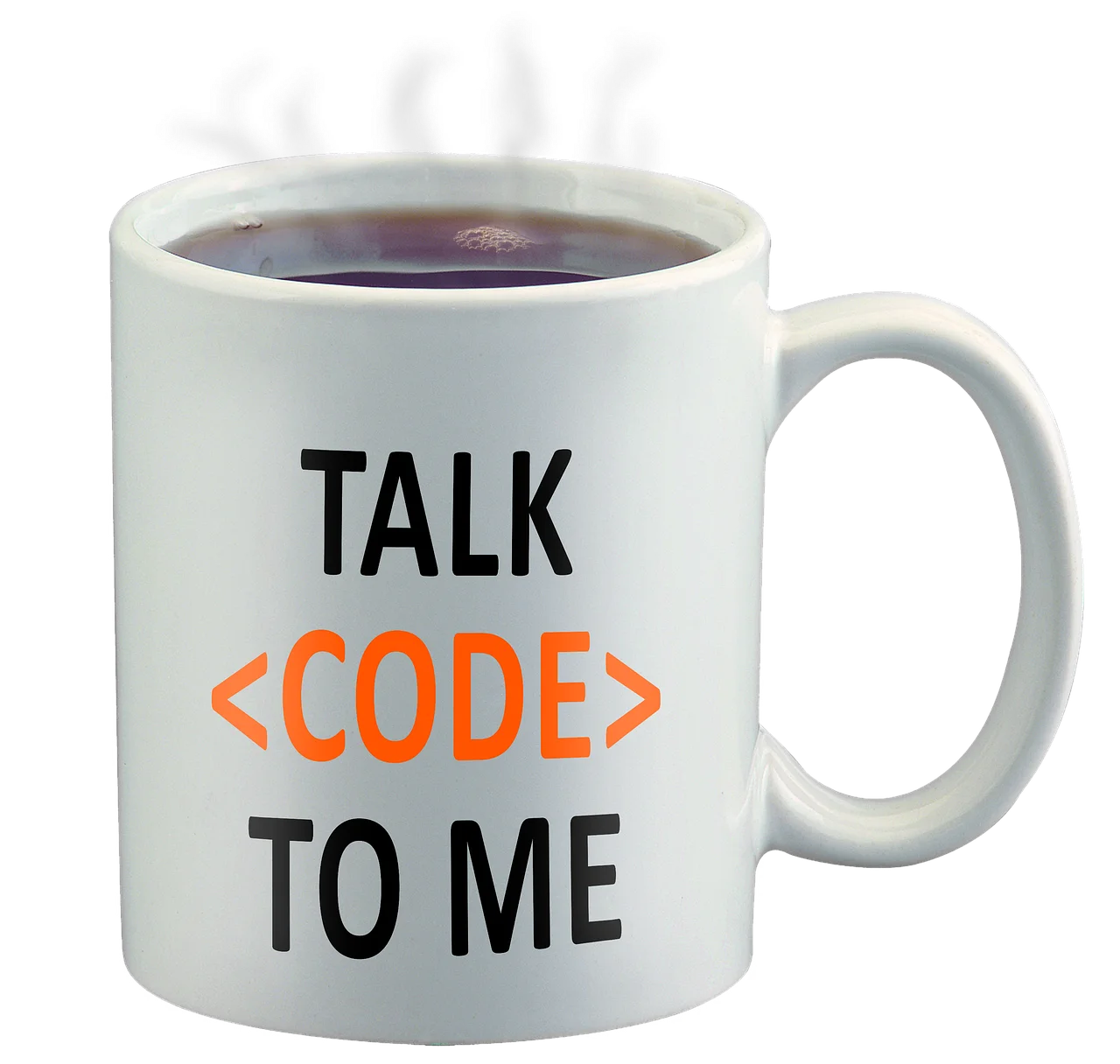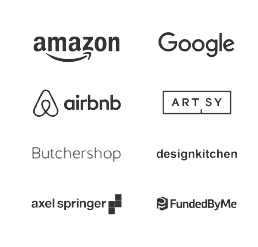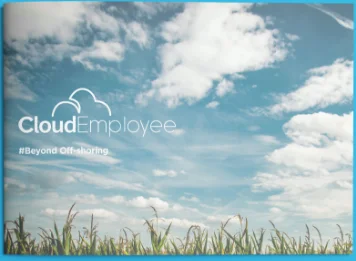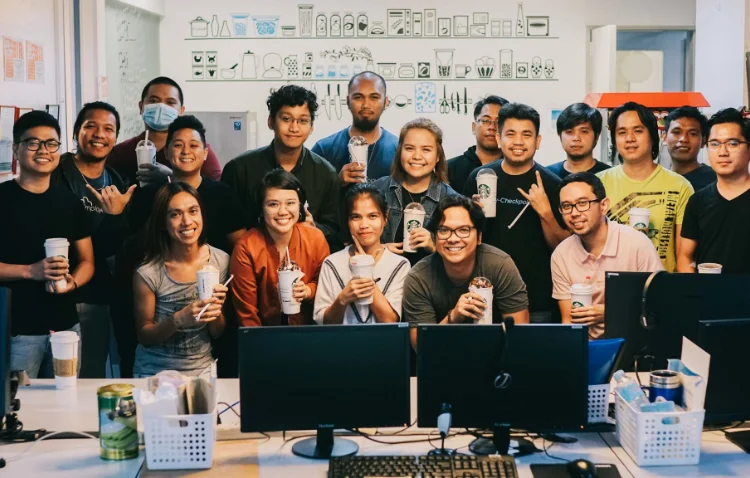If your dad, mum, uncle, or some other family member owns the company you'd like to work in, then lucky you because you might have an automatic corner office with your name at the door. If that isn't the case, you'll probably need a resume to land an interview and secure an offer elsewhere. When it comes to tech position vacancies, chances are, a traditional HR person may not view your resume.
Many times, software developers' applications are handled directly by an experienced tech professional, like a software development head or even tech-savvy CEOs, if you are applying to a small startup. Whatever the case is, you'd probably agree that traditional resume-writing style/rules may not apply because that might look like taking a knife to a gunfight.
That said, if you are serious about catching the attention of someone that matters with your next job application, here are ten resume tips for developers that could increase your chances significantly.
1. Present your skills upfront.
As mentioned earlier, you don't want to adopt the traditional/general resume writing style in the labor market, where a summary and objective precedes every other thing. Yes, a fancy summary and catchy objective isn't a bad idea, but trust me, it's not the best approach when you are probably aiming at catching the attention of a tech-savvy CEO or the team lead of software development.
You now know it's a gunfight .Don't you think you'll do well to show the guns early before the fight starts to get boring? The thing is, tech companies' hiring managers are usually more interested in the juicy details of an applicant, which are the applicant's skill set. Yes, you'll find some resume style with the skills mentioned somewhere under the experience or work history section. Trust us; you don't want to do that.
The experience section is usually detailed with information, like the name of the companies you've worked for, years of engagement, job function, and so on. On the other hand, a list of your technical skill set gives the hiring person a glance at what you are capable of.
For example, the programming languages you can dance with and your competence level. If you collapse both the experience details and skill set together, the former and the details that come with it have a way of overshadowing your skillset. In order not to go with the risk of getting the viewer of your resume bored before seeing the “juicy” part of your resume, have a skills section that will come in first at the top where the eyes will naturally go to first.
2. Objectives & Summary: Yea or Nay?
The objective and professional summary's presence in a resume has always been up for debate. Some resume-writing experts say it's not needed. Others say it's not compulsory but necessary addition. Those that are in support of a summary believe it has a way of formally introducing the applicant without making the resume arrangement look like a quick rush into the education or employment history.
But hey, you are not just any type of professional; you are a tech person whose competence can't be justified with a two-line fancy summary. We've seen a few programmers' CVs with a professional summary that looks like this: "Seasoned software developer with over eight years coding and software development experience."
Trust us, that summary didn't look like it's doing any justice to the developer's wealth of experience. If it did anything, it seems more like watering down the developer’s skills. So, we'll say thanks for the professional summary idea, but no thanks.
When it comes to the objective, it's not a totally useless idea. The reason is, it can come in handy when you want to prevent the hiring manager from boxing your skills and competence into a specific role. If you are a senior software developer aiming at an administrative position or a higher managing role, an objective section can do your resume some good.
However, if you are a newbie, perhaps fresh out of college, or a junior developer, it's not a bad idea to ditch the objective part of your resume. It only adds more information at the top that could distract the hiring manager.
3. Format your resume.
Gone were the days when applications came with printed paper resumes. Still, the 21st-century resume format doesn't make it less of a document. The only difference is that the hiring managers have to view and read them on computer screens instead of hard paper. Because the soft format gives you plenty of room to dance around with the final outlook of your resume. A lousy-looking resume can make it easy for who's hiring you to ignore your application quickly.
While it's a good idea to put in some effort with the formatting, bear in mind that this is not an art exhibition. Furthermore, it's not an opportunity to show your impressive graphic design skills. You can go ahead and jazz things up a bit; however, what you should be aiming at as a software developer should be to enhance the readability of your document.
The first formatting step you don't want to ignore is to adopt legible fonts, especially when you are sending in a PDF document that isn't format-able for the viewer. Whether in Word or PDF format, it's best to make sure the information is easy to read at first click. A size-11 or 12 is not a bad idea, however, note that formats like Calibri appear smaller than other formats like Arial of the same size.
Another way to go is to format your resume to have enough white spaces. The essence of this is to prevent your resume from looking jam-packed or too dense. At the same time, keep it simple so that you don't end up with too many pages, which is another avenue to get your reader bored.
Yes, I mentioned PDF or Word format earlier. Trust me; you'd be on the safe side sending your document in Word format unless it was requested in PDF. It is quite possible for the hiring manager's computer to be devoid of a PDF viewer. Besides, most recruiters ask for resumes in Microsoft Word format, so it's best you go with the conventional trend with this one. Altogether, keep in mind that your resume is what will sell you to potential hiring managers while you are absent.
If the viewer can't access the information because of technical or illegibility issues, they will likely not call you to send another resume. The plausible move is to move to the next candidate on the list.
4. Education/College degree matters, but not so much.
In case you graduated from Harvard, Yale, MIT, or any other college, you can slow your engines as this tip isn't about making your degree less important. But here's the thing, the tech world is ever-changing. Apart from the fundamental theories and principles, guiding processes, the knowledge gained in school has little to do with the current trends in the programming world after a couple of years.
Nevertheless, if you are entering the software development job market right out of college, your college degree is probably your current most outstanding achievement, unless you have a couple of completed internships to brag about. So, it’s fine if you want to position it at the top, where the hiring manager will quickly see it.
However, if you have spent some years out there crunching codes and working on projects, trust me, your college degree isn't the first thing the head of research and development will be looking out for. Don't get us wrong; We’re not saying you shouldn't have your education history on your resume. What we mean is you can always place it somewhere around the bottom after your skills, employment history, and professional achievements. The hiring manager that needs your education information can find it there.
5. Don't list roles, list achievement.
Yes, you have a good job title, like quality assurance manager or research and development supervisor. That's great, but who cares about the title. The hiring manager wants to know your conquest. What have you achieved as a quality manager? What ideas have you brought to the table that help the company you worked for as a research developer?
6. Check for grammar, spelling, mistakes.
We've seen a whole lot of resumes that'll make you think the candidate stumbled upon the application five minutes to the closing date. This tip isn't just for job-hunting developers but also for everyone looking to impress hiring managers. I've seen all sorts of embarrassing mistakes, from wrongly spelling of college names to the improper use of tense.
It's a red flag for us when a candidate isn't patient enough to check the spelling and grammar on a resume meant for an important job application. How on earth will such a candidate be patient enough to do something as simple as testing codes?
7. Try to avoid putting the hiring manager at legal risk.
Many candidates might not know this tip, but it's important as it could sometimes cost you a seat at the interview table. You don't need me to tell you that If you can't get an interview invite, you are going to need more than a miracle to get a job without being seen or spoken to by any company's representative.
So, how can you put a hiring manager at potential legal risk, which can make him or her want to completely avoid your profile? Here's the thing, no hiring manager, whether in the tech world or other industry, likes being accused of discrimination or prejudice in a hiring process. So, when they have to interview candidates with hotspot information on their resumes, they have to consciously avoid questions that can put them in a fix. Some of them don't like being in such a situation, so they try to avoid it altogether.
So, what should you do? You can avoid putting yourself in a situation where a hiring manager might see your application as a potentially difficult one. There's no need to add details about your religion, sexual orientation, race, nationality, etc. These pieces of information are not needed for you to be productive at your job. Therefore, leave them out.
8. You are a geek, be proud.
Back in high school, once you are labeled a geek, you are probably not one of the cool students. But in the real world, being a geek/ software developer means you are probably worth hundreds of thousands of dollars a year. What's more, you are one of the many tech professionals that make our tech devices function the way they should. Is there anything cooler than that?
Let your resume tell the hiring manager how much of a geek you are, i.e., how passionate you are about programming, learning, and developing in the tech field. This part of your resume could help you outwit another candidate of the same level of competence and qualification.
10. For the Entry-Level developers
This one is vital if you are a newbie software developer or a yet to graduate tech student because you have little or no bragging on your resume. Because of your less experienced status, it's easy to run the risk of presenting a resume that looks like every other resume out there. Nevertheless, you can set yourself apart from the rest. Perhaps, you didn't have any internship opportunities in college; you can package your unique class project into your resume in a very attractive way.
Times like this are where being proactive will come in handy. While you may not have worked on many or any software development projects, you can highlight programming languages that interest you. However, you'll do well if you've started working on your competence level. Remember that even the basic knowledge of programming languages has its use in the tech world. You can present to the hiring manager your small level of competency and what you have been doing on your own the knowledge you have.
10. Unless it's necessary, don't make it lengthy.
Try to keep the length of your resume under between two to four pages. If you spend time working on several short projects, chances are, your resume can be long. However, if you are just entering the development market, avoid boring the reader with details that matter. Basically, spend more time telling the hiring manager about your skills, competence level, and achievement.
We hope you found this article useful. Here at Cloud Employee, we assist both developers looking for work and companies looking to hire dedicated offshore developers across many technologies. Talk to us, learn more how Cloud Employee works, or see our Developer Pricing Guide.
Work with world leading tech businesses
We connect high-performing software engineer talent in the Philippines with some of the world’s leading and most innovative Tech companies.
Submit CV













